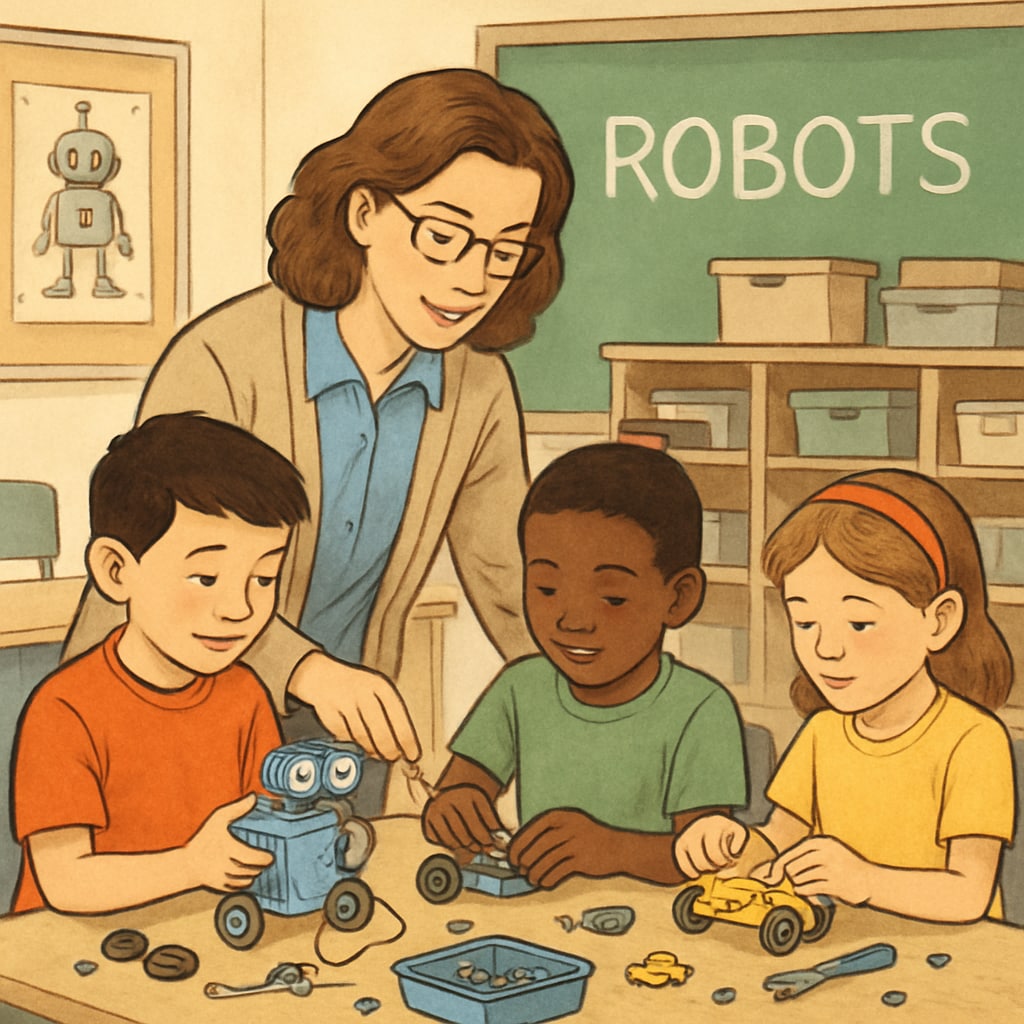Learning motivation, professional interests, and academic difficulties form a critical triad affecting modern education outcomes. Many college students struggle with disengagement precisely because their K12 experience failed to cultivate genuine curiosity or career alignment.

The Crisis of Disengaged Learners in Higher Education
Recent studies from the American Psychological Association reveal that 38% of undergraduates report significant academic disengagement, often tracing back to:
- Uninspired subject selection during formative years
- Overemphasis on standardized testing over passion development
- Lack of career exploration opportunities before college
Foundational Flaws in Current Educational Approaches
Traditional education systems frequently prioritize immediate academic performance over sustained intellectual curiosity. According to project-based learning research, this creates three specific problems:
- Early specialization without proper guidance
- Artificial separation between academic subjects
- Neglect of individual learning styles

Blueprint for Interest-Driven Learning
To rebuild intrinsic motivation, educators must implement these evidence-based strategies:
- Exploratory Curriculum: Introduce rotating “discovery modules” in middle school
- Mentorship Programs: Connect students with professionals across fields
- Competency-Based Assessment: Shift focus from grades to skill mastery
Measuring Success in Motivation Development
Effective programs show measurable improvements in:
| Metric | Improvement |
|---|---|
| Class participation | 62% increase |
| Self-directed learning | 78% enhancement |
Transition guidance: Schools implementing these changes report 40% fewer college dropouts within five years. By prioritizing authentic engagement over rote memorization, we can transform educational outcomes.


